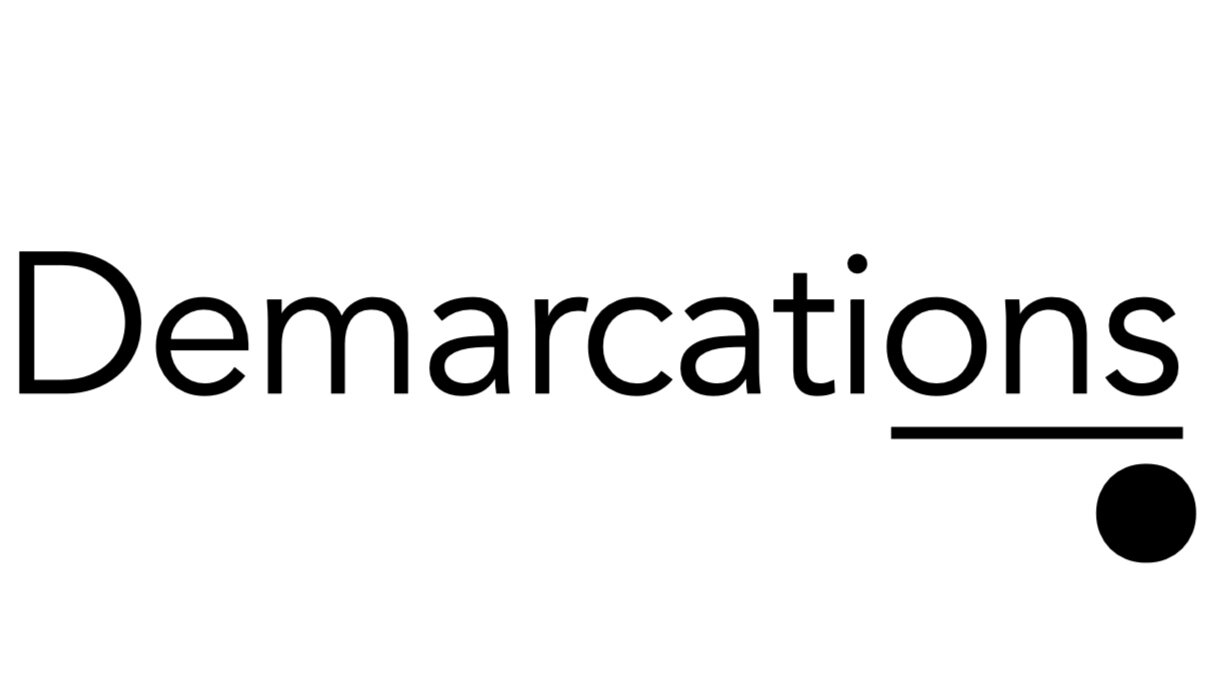Bryan Appleyard, after reviewing several books on the issue, argues we are distracting ourselves to death:
The opposite of attention is distraction, an unnatural condition and one that, as Meyer discovered in 1995, kills. Now he is convinced that chronic, long-term distraction is as dangerous as cigarette smoking. In particular, there is the great myth of multitasking. No human being, he says, can effectively write an e-mail and speak on the telephone. Both activities use language and the language channel in the brain can’t cope. Multitaskers fool themselves by rapidly switching attention and, as a result, their output deteriorates.....
Chronic distraction, from which we all now suffer, kills you more slowly. Meyer says there is evidence that people in chronically distracted jobs are, in early middle age, appearing with the same symptoms of burn-out as air traffic controllers. They might have stress-related diseases, even irreversible brain damage. But the damage is not caused by overwork, it’s caused by multiple distracted work. One American study found that interruptions take up 2.1 hours of the average knowledge worker’s day. This, it was estimated, cost the US economy $588 billion a year. Yet the rabidly multitasking distractee is seen as some kind of social and economic ideal.
On the other hand, Mark Chandler, General Counsel for Cisco Systems, recounted this funny story last year (to great positive reception):
Some of you may know Dick Gross, a mathematician who is Dean of Harvard College. I once heard him tell a group of parents that if they want to communicate with college-age kids, they better learn Instant Messaging. He told of coming into his 16 year old son’s room while the son was doing homework, and finding five IM conversations going at once on the computer. He asked, “How can you get work done when you have five conversations going?” His son answered, “Dad, you don’t understand, this is how we communicate. For us, IM is like email was when you were a kid.” I must ask, “If five conversations are open at once, how do you bill the time?”
The increase in easily accessible information has certainly made some aspects of law practice more efficient. Finding documents and up to date information on a case can be pretty easy. But the constant distraction of email, phone calls, and other inputs, distracts lawyers from sustained thought. Two hours dealing with your email inbox adds little value. But two hours --uninterrupted -- can improve a brief remarkably.
And distractions make the lawyer's job stressful.
One of the biggest challenges facing lawyers is using information sharing tools, while still enjoying time for concentrated thinking. I think we can meet this challenge. More to come on how to do this.
D. Mark Jackson
